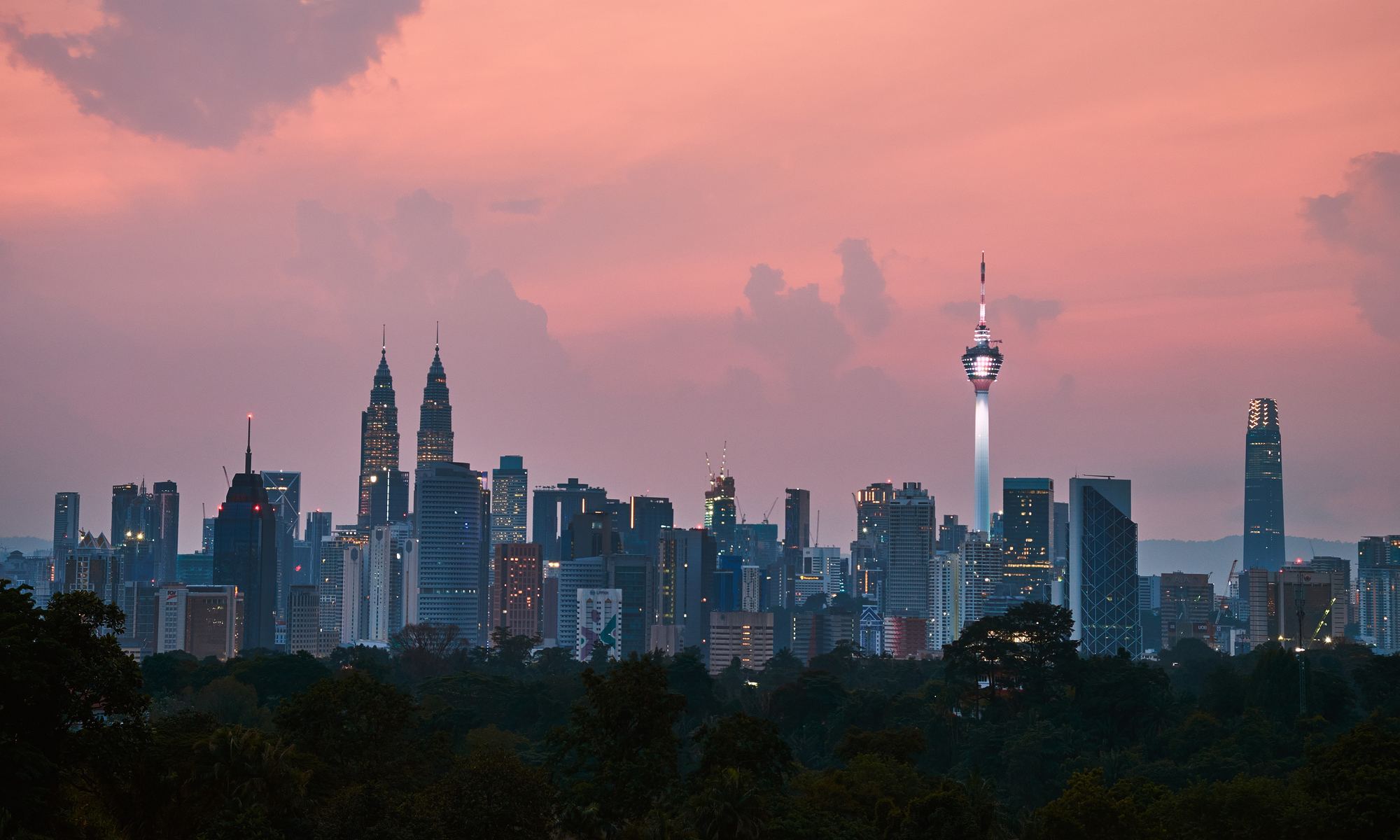Many of the expats live in such cities as Kuala Lumpur, Bangsar, Mont Kiara and Bukit Tunku. These cities are considered to be convenient and safe for foreigners.
Moreover, Malaysia itself is rather developed in most areas – good infrastructure, healthy food and clean drinking water. However, when going there, it is essential to know what is needed for a comfortable life there. For this reason, it is best to be guided first in order to figure out how one can make his or her trip worthwhile.

Document requirements for expats in Malaysia
There are some nationalities which do not require a visa, while entering Malaysia. Moreover, a short term stay (three months) is available for citizens of such countries as Hong Kong, Australia, Japan, some of the EU member states, Turkey, South Korea, Turkey, and the USA.
Visa fees for the long term stay are regulated by the Malaysian immigration authority, where one can also apply for a single entry visa or a multiple entry visa (3-12 month validity). Also, if one wishes to stay in Malaysia for a longer period, he or she should receive a residence or a work permit.
Employment statistics in Malaysia
According to the employment statistics, 53% of Malaysia’s population works in its services sector, 11% of the population work in the agricultural sector, 36% are employed in other different industries.
Employment opportunities
Those expats who wish to find a job in Malaysia can join its major workforce of the industrialized market economy, having the influence of two main sectors, which are manufacturing and international trade.
Additional employment opportunities include joining an Islamic finance with an opportunity to work within the Islamic banking sector. However, the country’s employment statistics is shifting towards the service sector.
Economics
Today, there are several major multinational companies working in Malaysia, serving as indicators of economic success. These are the companies known worldwide such as HSBC, Accenture, Maybank, CIMB Group, Exxon Mobil, KPMG, Shell, PricewaterhouseCoopers, a well known bank Public bank Berhad. Therefore, the country’s economy is considered to be financially well developed in Asia.
Social security
Malaysia is a member of the Employees provident fund, therefore, there are lots of self employed persons, foreigners as well as domestic workers, having social insurance in the age of 55.
The employee contributions to the fund amount to 11% of monthly earnings of the employees, however, the employer also contributes 0.5% of the monthly payroll.
Healthcare in Malaysia
There is a public as well as a private sector in Malaysian healthcare system. Also, medical care in Malaysia is cheaper than in other western countries. Therefore, it is advised to expats to take out health insurance coverage. It can be done by paying contributions to the Employees provident fund, covering medical treatment as well as the rehabilitation opportunities. In addition, a supplementary health insurance package is available.
Taxation in Malaysia
The country has income which is exempt from income tax. Also, there is a special expat tax regime available, if the expat’s period of employment in the country does not exceed two months per year.
Expats who work in the country but don’t qualify as residents are usually taxed at a flat rate of 26% on their incomes.
Languages and population of Malaysia
There are several ethnic groups living in the country, each having its own language and regional dialects. However, malay is the country’s official language (since 1968), spoken by the malay ethnicity.
There are 134 spoken languages across the country. In addition, many people speak american and british english, which is considered to be a business language in Malaysia.
Multicultural environment of Malaysia
When it comes to ethnicities and nations, according to the recent estimates about 32,5 million people live in Malaysia. Around 77% of the people are living in urban areas.
The three main ethnic groups of the country are Chinese, Indians and Malays, Malays being the largest of the three (approximately 50% of the population). 25% of the population are Chinese and only 10% are indians.
Public transportation in Malaysia
In general, Malaysia has a well developed public transport infrastructure. It has a Malaysian national railway company referred to as the KTM Berhad. It offers a relatively comfortable as well as an inexpensive way of travelling.
Air transport is also available since there is an international airport located in Sepang. It is served both by Malaysia airlines as well as the international airlines.
Another way of travelling is by coach as there are lots of air conditioned express coaches or hired cars available referred to as an interstate taxi which operate on fixed tariffs.
